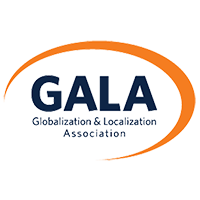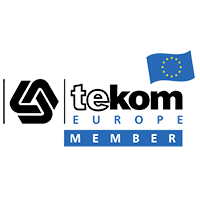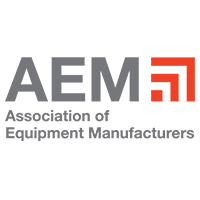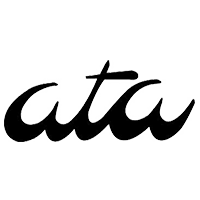Linguistic Quality Assessment: How Do You Measure Translation Quality?
As your business grows, so does the amount of published content generated. What many don’t realize is that the effect of more content also means more persons involved in the production and publication of content and ultimately in the localization process. Controlling the quality of global localization programs can become a time-consuming challenge where people, processes and technology all impact on the end result. To ensure your multilingual content continues to meet your business’ quality needs and expectations, we, at Argos, recommend conducting an Independent Linguistic Quality Assessment.
What is Independent Linguistic Quality Assessment?
Independent Linguistic Quality Assessment (ILQA) is an independent review which assesses and validates the current quality state through an independent language auditor. Here at Argos, this review is conducted by Argos Subject Matter Expert’s, who all go through a rigorous qualification and onboarding process in order to become Argos Certified Subject Matter Experts. The assessment ultimately looks at the current quality of your content and the quality of your translation suppliers. The aim of this independent review is to identify quality gaps and propose solutions for your translation suppliers, so they are up to par with your quality needs and expectations.
Why Bother?
There are many benefits to performing an independent assessment on your content. Here are the three main benefits which all aid in driving quality at the front-end of your localization program:
1. Unified Global Quality Benchmark
Do you know what your business’ acceptable quality level is? Do you have a system in place to measure the quality of your content? Do you regularly measure the quality of your translation suppliers? If you answered no to all these questions, then you have been kept in the dark about the actual quality state of your content. With ILQA we work together with your teams to establish an acceptable quality benchmark, whether it is based on an industry standard or one that is tailored specifically to your quality needs. This becomes your global quality benchmark which can then tell you the real story about your current quality state and quality progression.
2. Compare The Pair
Picture this scenario, for the launch of one of your newest products you have decided to use 3 translation suppliers, each covering a group of languages. But how do you know that they are all performing well and to your desired quality level?
ILQA tracks the quality performance of translation suppliers. The tracking range can be set to project based or time based. Here, the quality performance of your translation suppliers is assessed independently and objectively. Where issues arise, ILQA can identify them and provide a resolution which is then passed to your translation suppliers to implement on the current project and on all future projects. With the benchmark in place and results from the first assessment, you can track their performance, allowing you to make the decision whether to take corrective action, when needed.
3. Consistency
To achieve high quality content, you need high quality linguistic assets. Linguistic asset quality can be achieved by consistently reusing the same terms, messaging and style when authoring and translating content. Part of ILQA involves reviewing the consistency of the translated content and verifying that your linguistic assets were utilized. The more consistent the content gets, the higher the quality will be of linguistic assets, which in turn will ensure higher quality translated content going forward.
Argos Multilingual’s ILQA service is designed to provide an unbiased review, quality assessment and benchmarking of your translated content. Let us help you understand the quality state of your content and drive quality at the front-end of your localization program – additionally, take a look at the life of our QA Specialist Karl Pfeifer!





